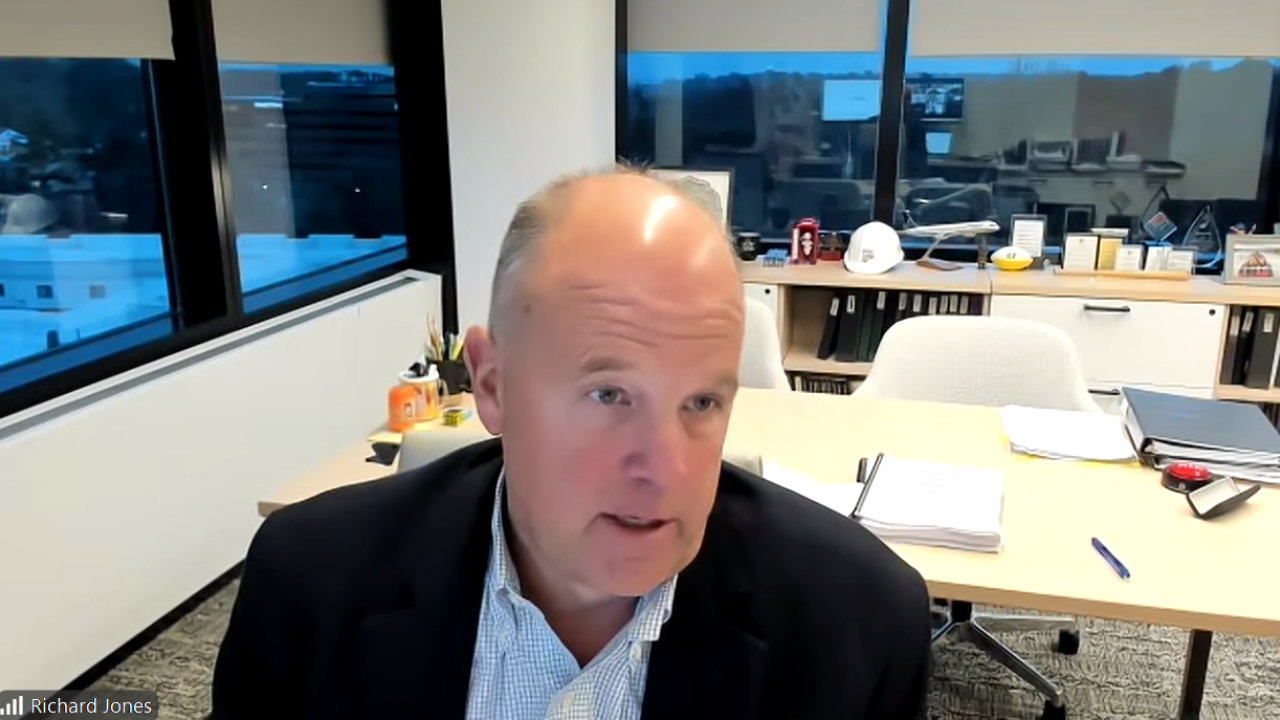If you clicked on this article because you dread going to work on a daily basis, you might want to read a book called Why Work Sucks and How to Fix It.
If you clicked on it because you actually like work, the ideas in this book may make you like work even more. It introduces a concept called ROWE (Results-Only Work Environment) in which employees are allowed to work whenever and wherever they want as long as their work gets done. Its not a flexible schedule, but rather an absence of a schedule altogether. And all meetings are optional. Dont think its possible? The authors implemented it at Best Buy and saw measurable increases in productivity, and I interviewed a technology consultant who changed the way his company does business because he started a ROWE. I feel lucky that I have the flexibility to work from home whenever I need to. But every time someone seems jealous that I get to do that, I explain that Ive earned the privilege because my boss and several of my West Coast associates know that if they email me at 10 p.m. on a random Wednesday night, Im likely to respond. This book challenges the idea that you have to earn the right to control the clock. And it gives a name to that ugly thing people do when they look at their watches when you walk in the door at 9:20 a.m. (even if all theyve done for the past 20 minutes was drink coffee)Sludge. Calling it Sludge is what made ROWE work for the technology consultant. It serves as a way to eliminate the guilt for people who are not physically present in the office because they have something else to do between the hours of 9 and 5. And it makes managers judge people for their results (aka performance) instead of their physical presence in the office (what the authors call Presenteeism). The consultant told me that when one of his colleagues was leaving the office at 4 p.m. one day to attend his sons baseball game, the consultant instinctively looked at his watch. You Sludged me, the colleague replied. And the consultant actually felt guilty for doing it. On the other hand, it eliminates the hero status for those employees who are always bragging about how many hours they put into the job. You know the kind. They never take their entire vacation, eat at their desks or dont eat at all (because they dont have the time). In a ROWE, if an employee says hes worked 60 hours, the managers answer is So what? or Well, what did you do during those 60 hours? Whats the result? Since I started reading Why Work Sucks, Ive caught myself shunning people for never answering their emails after 5 p.m. or god-forbid taking the vacation they actually accrued. But Ive also caught myself preparing to tell my colleagues about the subway woes I experienced once again that caused me to be 20 minutes later than themSludge Justification. And I actually like my job. Whats great about this book is that unlike How-To guides that provide 10 steps to make your company a better place to work, it just tells you how things could be if the employees buy in to the idea of a ROWE. And it makes you think. For example: All meetings are optional? Thats not possible. Some meetings must be mandatory or havoc would break loose. Really? Have you ever been to a meeting where at least one person was missing because of a vacation, illness or (gasp) another meeting? Yet somehow everyone got up to speed. As I was writing this column, which I had to crank out because my boss is in another country, someone questioned my lack of attendance at a Web meeting that was about to start. I wasnt even supposed to be here today, I said, explaining I had been let go early from jury duty and instead of going home like everyone else I actually returned to the office (Sludge Justification at its worst). When others said they were going, I pointed at my column, and read the line, All meetings are optional. Im willing to bet Ill get the information, anyway. And if I get in trouble because I didnt attend, Ill give those authors a piece of my mindand give my boss a copy of the book. Oh wait, he missed the meeting, too.





